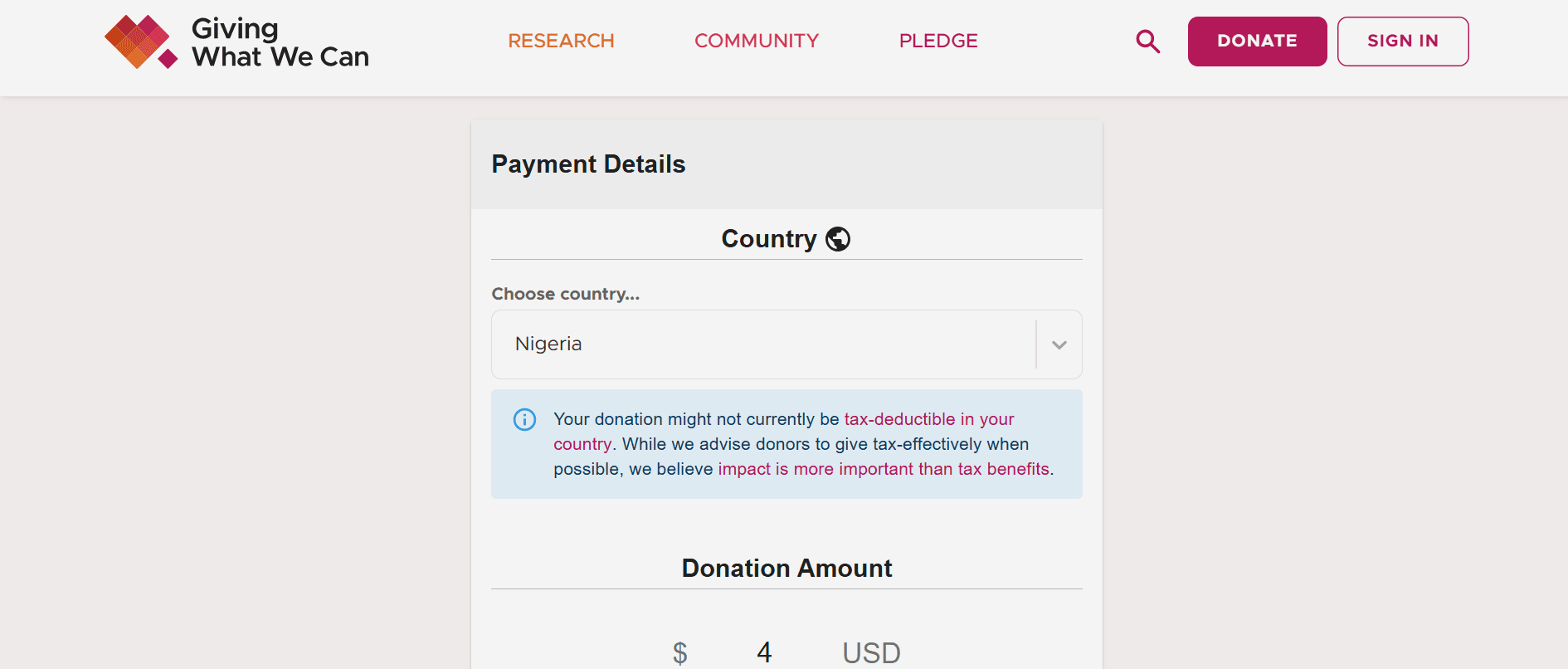H.E. Nana Akufo-Addo, Ghanaian President says,” We cannot continue to make policy for ourselves, in our region, in our continent on the basis of the support the Europe Union gives us. Our responsibility is to charter a path which is about how we can develop our nations ourselves.”
It has slowly become an African tradition where we see other people out of Africa as our source of help and that they are the only ones who can save us from our troubles. Let’s go back a bit and try to examine this. In 1906, Pixxlie Kaisaka Kaseme talked about the regeneration of Africa. An Africa that had the brand of slavery and had been fully colonized. It may seem that slavery might not have been just physical but to some point mental.
We cannot continue relying solely on external interventions for our issues and problems. We can easily solve the problems we have by simply speaking them out and finding lasting solutions. But we may not forget that some of the things that make us not solve certain problems because of the corrupt political systems we have in place that day in and day out try to shush people who talk of anything.
Focusing on community-driven solutions rather than more individual solutions - People in communities possess knowledge and resources that can help us in the development of a better Africa. Recently, companies like Google have opened branches in Africa and this clearly shows that we have the brains just that we don’t want to utilize our own and feel they might rise to the top before us. This will slowly help us take ownership of decisions we make from people who understand the communities.
To empower local voices in African Development we really need to have more thought-provoking leaders who are ready to listen to their own people. We need to empower such leaders to rise to power and at least take their place in society. With such leaders, we can easily implement change and have more voices being open and speaking out. The only challenge we have with that is the amount of corruption and deceit that goes on in the corridors of justice in our courts, and parliament and the amount of intimidation from existing leaders.
Promotion of grassroots organizations that can help empower young people who can be thoughtful leaders can be a very effective way to empower African Development. If those organizations are provided with access to information they can really go a long way. Everyone should be allowed credible and real-time information that will help them make sound decisions.
In the long run, there is a need to hold every decision maker accountable to the rule of law because most of what we have to deal with are corrupt leaders who know they are being taken no-where even after they commit multiple crimes. The rule of law should make everyone from the poor to the rich accountable.
Finally, empowering local voices in African development will definitely provide a greater likelihood of sustainable and contextually relevant solutions being implemented. This will be the beginning of communities taking ownership of their own development and strengthening community bonds that will lead to impactful opportunities and outcomes.




Hello Luke,
Sorry for replying to this really late. I am currently not working on any of the ideas that I have highlighted but we have been having discussions on them with a few friends but we have not yet actioned them. I do not mind discussing them with you and maybe in future working on sth.